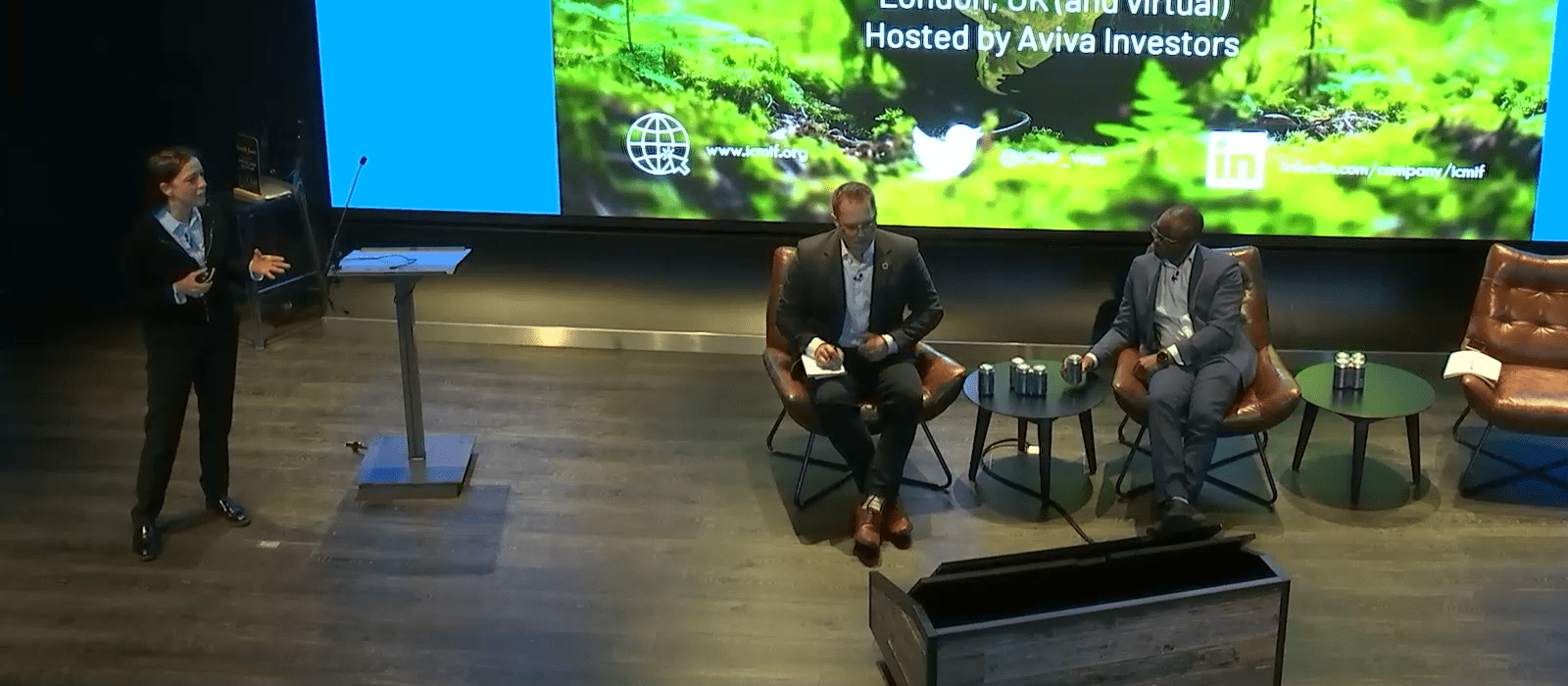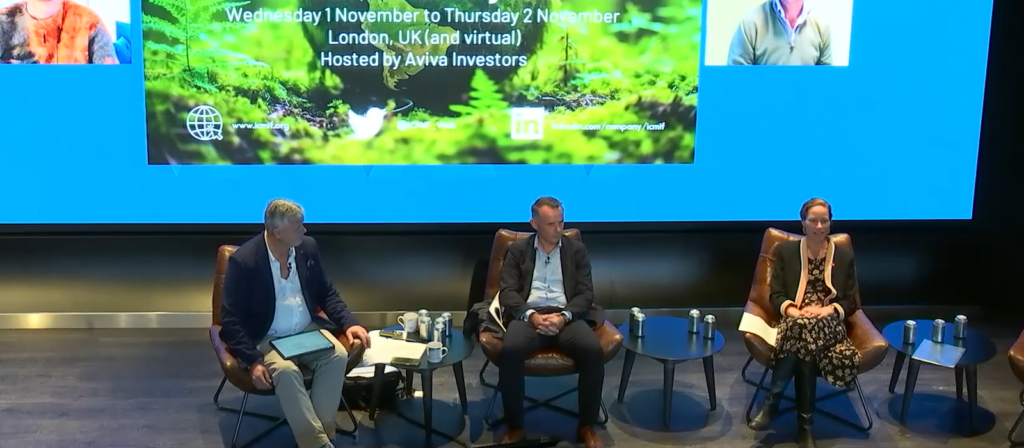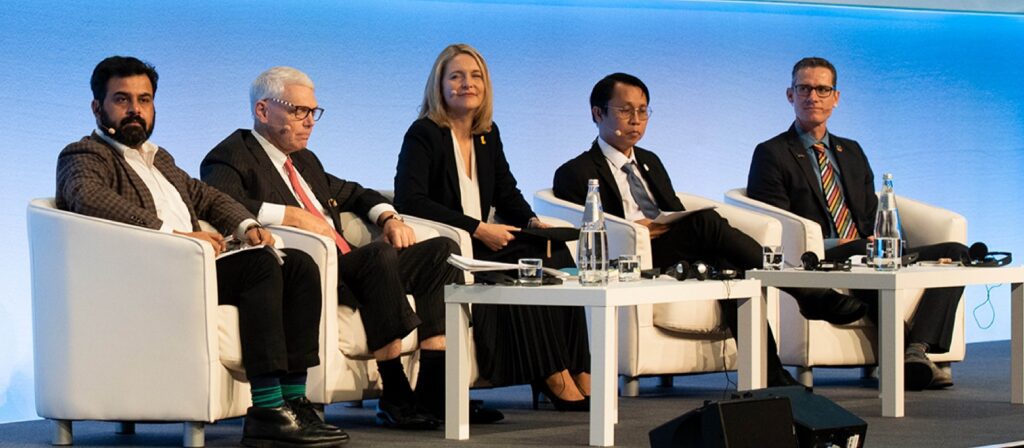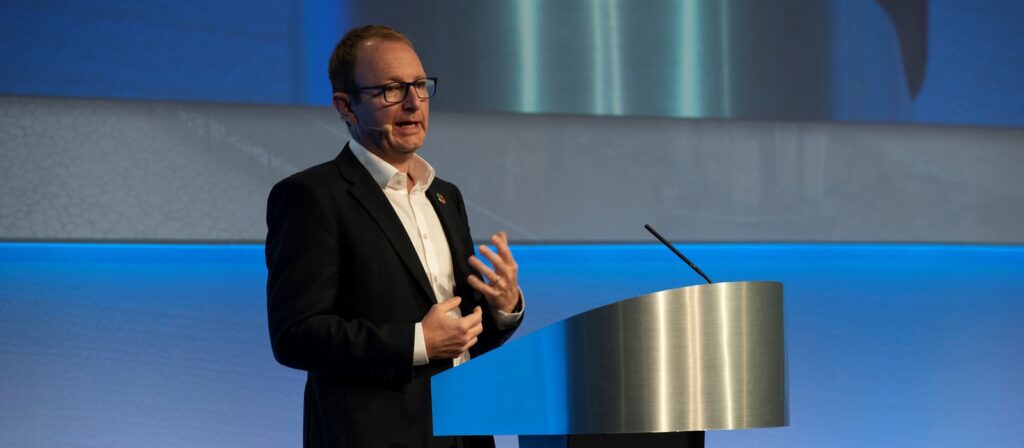At the core of African Risk Capacity’s (ARC) (South Africa) strategic vision are seven key mechanisms, crafted to support the organisation’s ambitious objectives. These mechanisms are not merely operational tools but the very essence of ARC’s philosophy, reflecting a deep commitment to environmental stewardship, social responsibility, and economic viability. Each mechanism is designed to interlock seamlessly, creating a robust framework that drives the company’s initiatives towards meaningful outcomes.
Innovation lies at the heart of ARC’s operations, serving as a catalyst for transformative change. By fostering a culture of creativity and experimentation, it not only navigates the complexities of modern challenges but also identifies opportunities for impactful interventions. This forward-thinking approach enables the organisation to develop pioneering solutions that address critical issues, from climate change and resource scarcity to social inequality.
ARC’s dedication to sustainability transcends conventional approaches, embedding sustainable practices into every facet of its operations. This commitment ensures that its projects not only yield immediate benefits but also contribute to long-term environmental health and social well-being. By prioritising sustainability, ARC takes a proactive stance in safeguarding the planet for future generations, ensuring that its growth does not come at the expense of ecological balance or community resilience.
One of its most commendable attributes is its ability to balance innovative thinking with practical, achievable outcomes. This equilibrium is crucial in translating visionary ideas into tangible results that benefit both the organisation and the broader community. It demonstrates ARC’s capacity to lead with imagination while remaining grounded in realism, ensuring that its strategies are both aspirational and actionable.
Unipol is championing a comprehensive approach that sets a new standard for corporate environmental responsibility. Under the stewardship of its dedicated sustainability team, Unipol is not just adhering to sustainable practices but is reshaping the future of the industry through innovation and leadership.
At the heart of Unipol’s strategy is a deep-seated belief in integrating sustainability into every aspect of its operations. This vision is not limited to minimising environmental impact; it extends to fostering social responsibility, financial inclusion, and economic resilience among its stakeholders. Unipol’s approach is a testament to the company’s commitment to not just being a participant in the global sustainability dialogue but being at the forefront of driving meaningful change.
Unipol’s sustainability initiatives are diverse and impactful. From investing in green technologies to developing insurance products that encourage sustainable behaviours among clients, Unipol is pioneering efforts that benefit both the planet and its people. The company’s focus on renewable energy, waste reduction, and resource efficiency exemplifies its comprehensive approach to environmental stewardship.
What distinguishes Unipol in the realm of sustainability is its emphasis on collaboration and collective action. Recognising that the challenges of sustainability require joint efforts, Unipol actively engages with partners, stakeholders, and communities to foster a more sustainable future. Through leadership in industry consortia and participation in global sustainability networks, Unipol is not just contributing to the sustainability movement but is helping to lead it.
Co-operators (Canada) has been actively engaging in strategies to enhance resilience in response to the growing challenges posed by natural disasters and climate change. At the heart of Co-operators’ approach is the integration of resilience into its operational and strategic framework. Recognising the escalating economic impact of natural catastrophes globally, the company has prioritised resilience not just as a response mechanism but as a proactive strategic focus. This shift represents an adaptation of traditional insurance roles to the emerging needs of a changing global environment.
Co-operators has employed several mechanisms aimed at enhancing preventive measures against climate-related risks:
- Resilience infrastructure investment: The company is channelling investments into projects that aim to strengthen community resilience against climate change. While these investments present certain challenges in terms of direct financial returns, Co-operators views them as critical to long-term economic and social stability.
- Addressing information asymmetry: To tackle the issue of public awareness regarding risk exposure, Co-operators has developed tools like its online water portal. This initiative is designed to provide individuals with personalised risk assessments, thereby enhancing their ability to make informed decisions about their safety and insurance needs.
- Promoting resilient reinstatement practices: Co-operators advocates for the inclusion of resilient reinstatement in building codes and construction practices. This approach goes beyond traditional claim responses, proposing that rebuilding efforts should also focus on improving future resilience.
Co-operators employs benchmarking as a means to assess and enhance its resilience-building efforts. This process involves evaluating various aspects of its resilience strategies, identifying both strengths and areas for improvement. Such a methodical approach aids in refining its practices and contributing more effectively to industry-wide resilience.
Co-operators’ initiatives in building resilience reflect a shift in the insurance industry’s approach to dealing with natural disasters and climate change. By focusing on resilience-building, awareness enhancement, and advocating for policy changes, the company is not only addressing immediate challenges but also contributing to the long-term sustainability of the sector. As global environmental challenges continue to evolve, Co-operators’ efforts in this area highlight the growing importance of resilience-focused strategies in the insurance industry.
Session speakers:
- Malvern Chirume, Chief Underwriting Officer, African Risk Capacity Ltd (South Africa)
- Giulia Balugani, Sustainability Manager, Unipol (Italy)
- Tom Ewart, AVP Sustainability, Co-operators (Canada)








